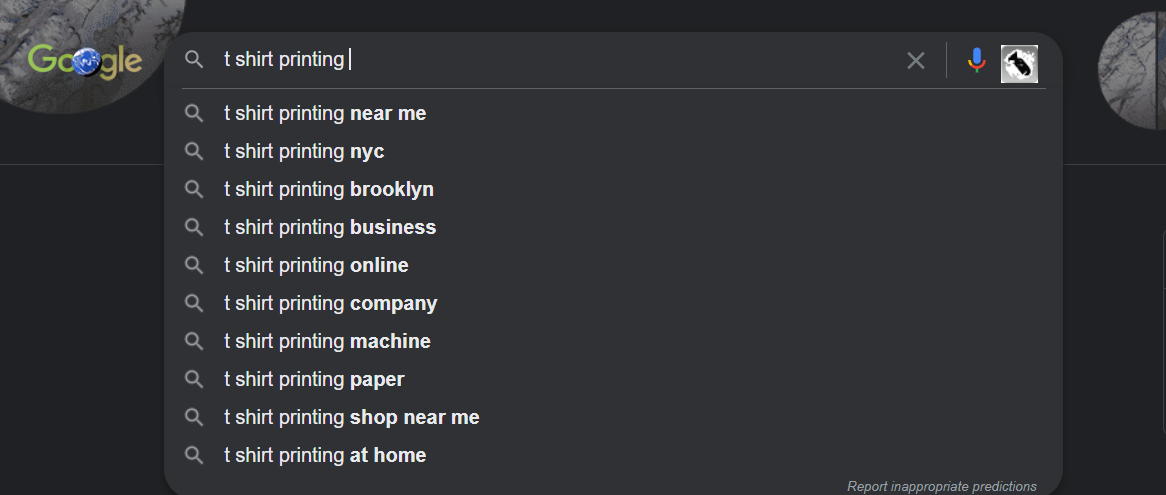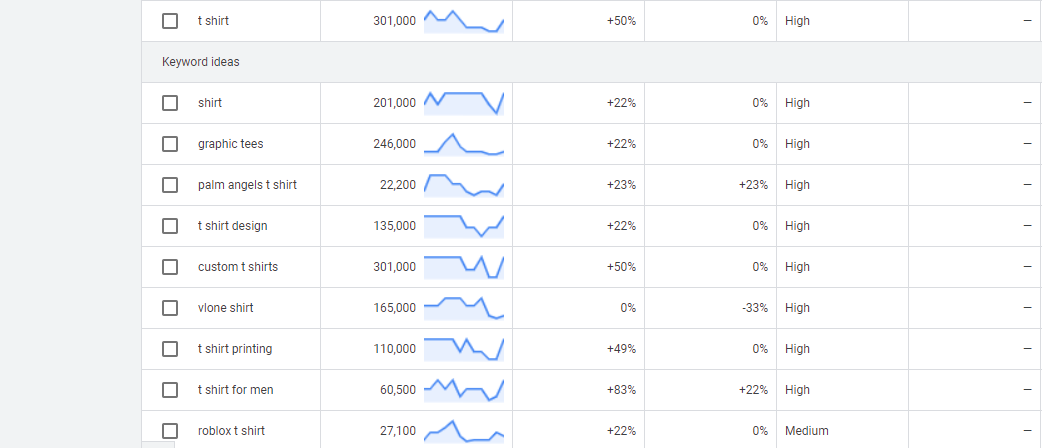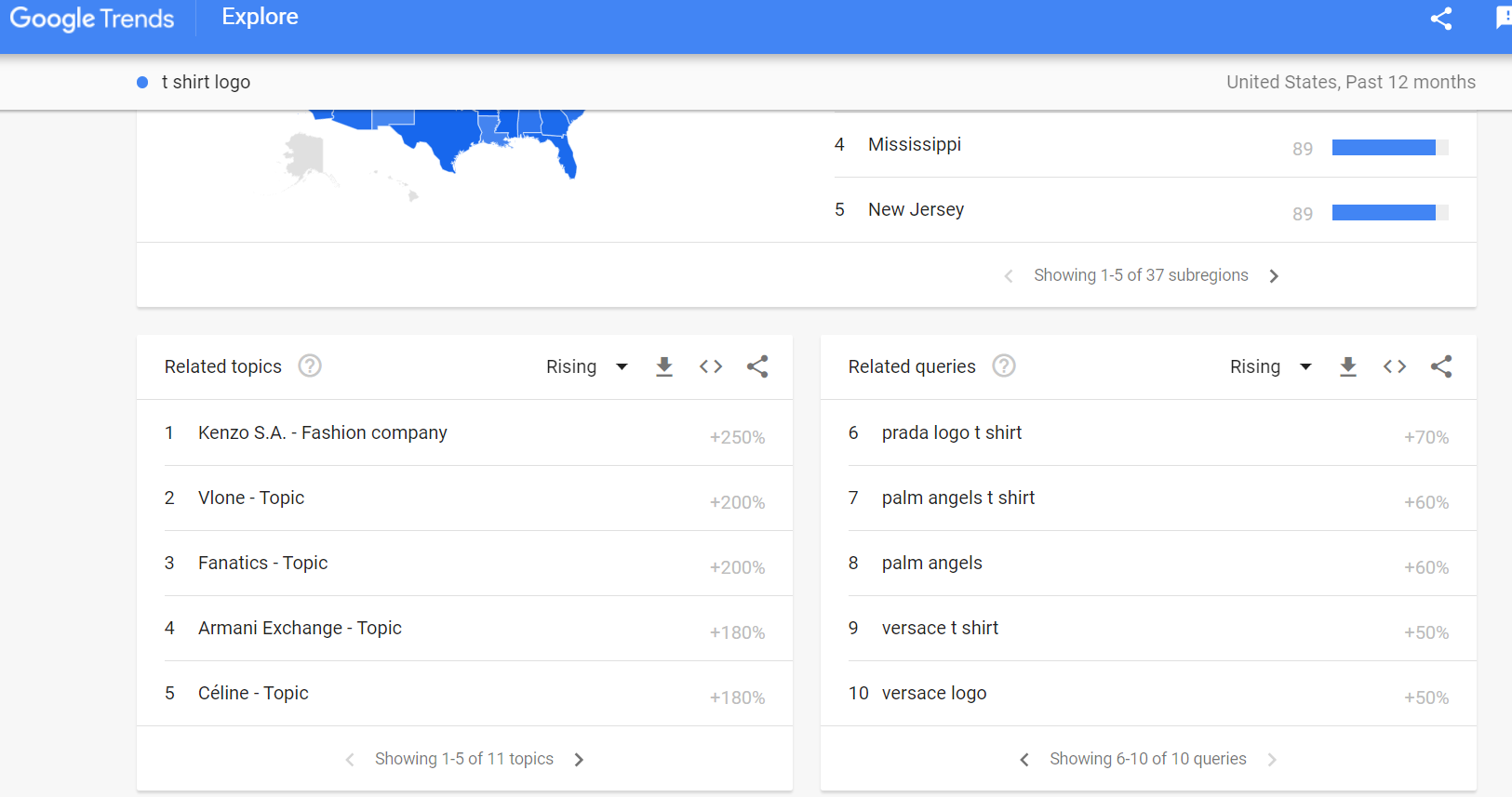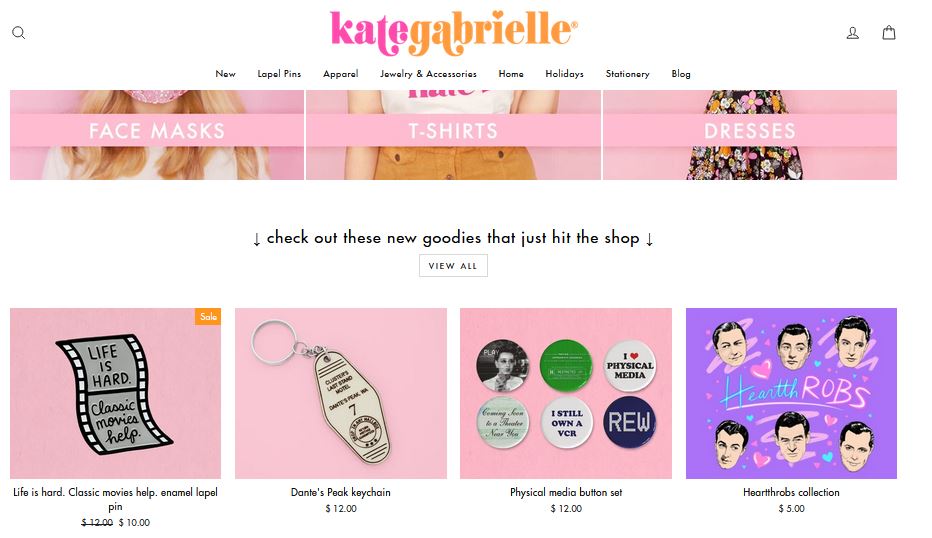Easy SEO Strategies for Your Print on Demand Business Website
The Aliweb search engine gave the first seeds of SEO: users began to add descriptions to site pages and fill the content with keywords. Although, at that time, there were no search robots, and data indexing was essentially done manually by the webmasters' efforts.
Fortunately, the powerful technology development has led to the existence of numerous search engines. Google and Bing occupy the leading market share with an indicator of 92.24% and 2.29%, respectively. Several algorithms help search robots analyze data on the World Wide Web and ultimately show users the most relevant pages to their queries. Suppose the site's content and technical side are optimized. In that case, this promises the first positions in the SERP and increases the trust of search engines and users, page conversion, and other benefits. Without implementing an SEO strategy, site performance will have the opposite outcome.
Of course, every SEO tactic used is individual and suits specific niches. In this article, we’ll take a look at the features of SEO for print on demand.
Table of contents
What is SEO and why does it matter?
Make your website user-friendly
What is SEO and why does it matter?
Search engine optimization, also known as SEO, confuses a lot of online users and merchants. Some people often underestimate its potential, mistakenly believing that it’s better to launch PPC ads for quick results. Others don’t understand that there is a technical side that requires SEO as well. And for the third, one copywriter will write relatively “high-quality” content. But what is SEO? All the above misconceptions are an indirect answer: SEO is the process of optimizing a web resource and all its content to get the highest positions on the Search Engine Results Pages (SERP).
SEO methods can be divided into two large groups: those that search engines recommend (“white hat”) and those that disapprove (“black hat”). The primary purpose of this separation is to minimize spam indexing. E.g., the presence of hidden content on the site, painted in the background color, can increase the rating. On the other hand, such a resource can be permanently blocked. This article urges you not to utilize such a promotion option but to choose an honest and reliable way of on-page and off-page optimization.
On-page SEO components:
- Content
- Design and usability
- Technical optimization
- Setting up indexing
- Microdata
Off-page SEO components:
- External links
- Registration in search engine services
- Social activity
In digital marketing, the role of SEO optimization is invaluable: you attract targeted organic traffic, increase brand awareness and reputation, create a positive customer experience, and, of course, raise your site's rankings.
Organic traffic and keywords
Organic traffic is the search results that most closely match a query. E.g., if we’re interested in “sustainable t-shirt printing”, paid advertising will rank top positions in SERP. It’s followed by the organic results that the crawlers consider as the most relevant to query.
Sometimes it cannot be easy to coordinate communication with customers: messaging, payment and invoicing, product management, order transfer, etc. To fix all these problems, you can use the PodZa print on demand Shopify framework.
TIP: don't aim to implement ads. Its performance isn’t as high as it might seem - 6% of users click on advertisements. The remaining 94% prefer organic results. Keep in mind that the constant visitor flow will stop as soon as you block the investment.
The first position in Google collects 18.2% more clicks than the next nine. That is 18 new users. So, good rankings depend on many factors, but one of the most important is having high-frequency keywords.
The keyword research for print on demand strategy is very versatile and assumes applying different tools:
- Search box or an autocomplete option.

TIP: you may also search on the rivals’ websites, but the results will depend on the settings. To someone, it’s enough to scan headlines, while another digs deeper into blogs, assortment, etc.
- Utilize commands. E.g., an operator site:domain.com "keyword" in the Google search engine.
- Google Keyword Planner helps you find highly competitive keywords for your print on demand business. Get inspired by new ideas that, by the way, can give you an edge over competitors.

- In Google Trends, you can find keywords that are just gaining popularity. But you need to check it for print-on-demand relevance.

A thorough keyword analysis will simplify the subsequent online print on demand store optimization. So, all you have to do is fill your pages with high-quality content and sprinkle it with key queries.
TIP: don't forget to embed keywords in titles and descriptions of collections and goods, image alt tags. MOZ indicates that heading tags starting with key phrases work better than those at the end.
Most Common SEO Mistakes for E-commerce
Make your website user-friendly
A fast online store that is not cluttered with information and has a great design is a key to a successful SEO strategy for an eCommerce print on demand website. E.g., even the loading speed affects the decision of visitors to stay on the page - if it’s longer than 2 seconds, you’ve already lost 53% of users. What if a built-in search is also an essential feature in the user's arsenal? It’s also worth adding highly relevant content here, linking to other internal pages or authoritative publications - in general, absolutely everything can improve the customer experience and facilitate indexing by crawlers (e.g., utilizing structured data).
Top print on demand websites often incorporates all of these aspects. Consider the Kategabrielle store on the Shopify platform.

The narrow niche of POD products here is focused on women's dresses, home goods, and accessories. The usability of this site is outstanding: you can utilize a site search, choose the most appropriate category. Interestingly, the home page immediately introduces the product collections and prices and informs about current events (free shipping). The store design also perfectly matches the assortment.
Resume: the more the visitor is interested in the content and feels comfortable, the longer the session will last. Good usability also increases engagement and brand awareness, leading to a lower bounce rate and higher conversions.
TIP: Pay attention to the CTA buttons. You can read more about them here.
Mobile's first
According to statistics, about 80% of users find information on their smartphones. Accordingly, Google gives a higher ranking for mobile-friendly sites. For visitors, this will be another benefit provided by the entrepreneur's clever eCommerce SEO strategy:) However, if the page isn’t optimized, it can have several consequences. E.g., Google can punish a resource or decrease its rankings. To ensure a smooth experience on mobile devices:
- adjust page loading speed;
- avoid broken links;
- refine the website design;
- reduce the content and number of pop-ups.
A customer base will grow if you expand the search channels by adapting an online store to mobile devices.
Conclusion
SEO is an integral part of marketing tactics that allows you to get effective results in the long run. And if earlier you could puzzle over why you have no sales, now you probably understand the reason. You have an unoptimized print on demand website! SEO assumes on-page and off-page optimization, on which your online print on demand store ranking will depend. Dilute text with key phrases that you can easily find using trending searches, GKP, search fields, operators, etc. Adapt a website for mobile devices, make it user-friendly. It’s entirely possible to implement these relatively simple manipulations even if you’re not an SEO specialist.


 REQUEST A FREE DEMO
REQUEST A FREE DEMO